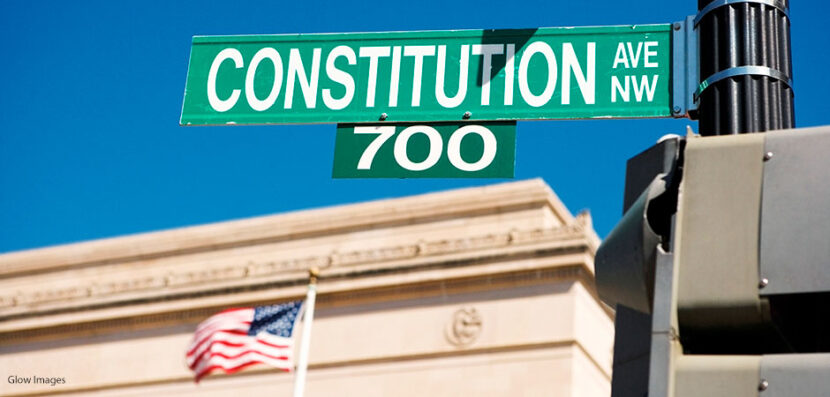
Barr Under Fire
For most of Donald Trump’s presidency, he has been under investigation by special counsel Robert Mueller for his knowledge of Russian tampering in the 2016 presidential election. Last month, Mueller completed his report, and Attorney General William Barr released a four-page summary of its major findings. Now, the entire report has been released, with the exception of some sensitive material which must be redacted for national security reasons. How does it compare to Barr’s interpretation of it? Election Central takes a closer look.
Just the Facts
Based on Barr’s summary, the report had two major findings: first, that Trump and his team were not directly involved in the election interference (nor did they have any knowledge of it), and second, that there wasn’t enough evidence to convict Trump of obstruction of justice for his attempts to impede the investigation.
But according to the press, this interpretation of the report is not entirely accurate. For example, Attorney General Barr and the White House continue to claim that the president was completely cleared from any suspicion that he committed obstruction of justice. But the report clearly states that, while there was not enough evidence to convict the president of obstruction of justice, there wasn’t enough evidence to absolutely clear him either. In fact, the report names ten specific instances of Trump’s possible obstruction.
Sneak Peek: Yea or Nay?
Attorney General Barr allowed Trump and White House attorneys to view the report before it was released to the public. He claims that this was acceptable practice under the Ethics in Government Act, which allows individuals named in a report to view it before the general public has a chance to. However, twenty years ago, President Bill Clinton’s investigation by independent counsel Ken Starr was handled very differently. In fact, when Clinton’s attorney asked to view the report of the investigation before it was released to the general public, Starr refused. The report then led to Clinton’s impeachment trial in 1999.
What Happens Next?
The public release of the report is not, likely, the end of the story. Mueller has explained that the reason he didn’t bring charges of obstruction of justice against Trump for the documented instances of interference in the investigation is that current Justice Department guidelines indicate that a sitting president shouldn’t be prosecuted.
Meanwhile, House Speaker Nancy Pelosi has demanded that Barr appear before the House Judiciary Committee this week and answer questions about the report. If Attorney General Barr does not, he’ll be guilty of obstruction himself. House Democrats have also subpoenaed the Justice Department for the full, un-redacted version of the report, as well as all of its supporting documents.


